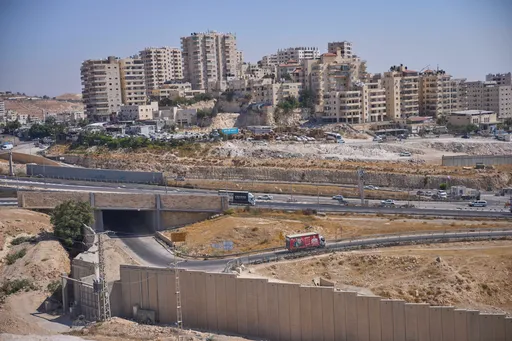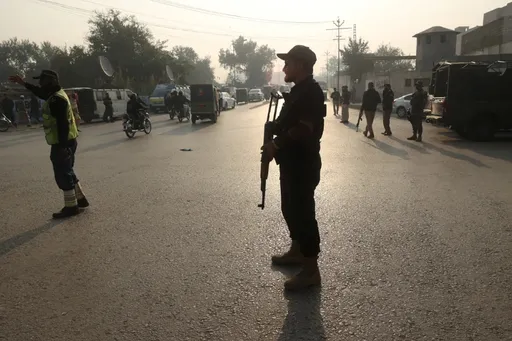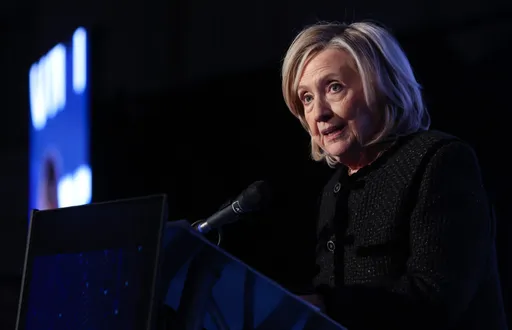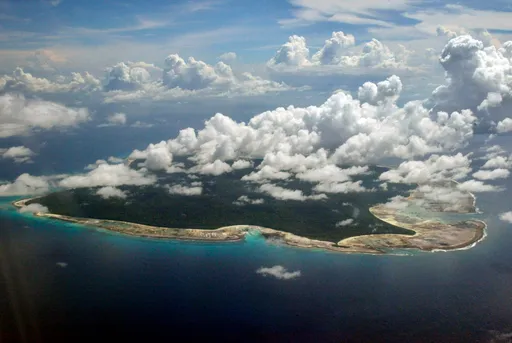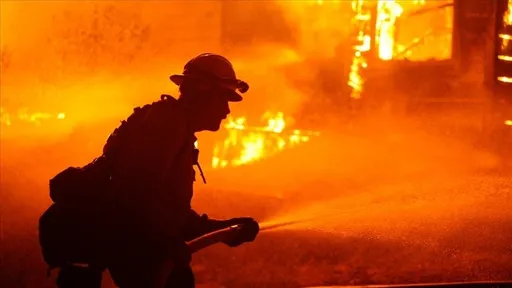The UN rights chief on Wednesday renewed her request to access China's Xinjiang region, where large numbers of the Uighur ethnic minority are reportedly being held in re-education camps.
In her annual address to the United Nations Human Rights Council, Michelle Bachelet said her office was seeking to "engage" with China on conditions in Xinjiang.
She also re-issued her requests for "full access to carry out an independent assessment of the continuing reports pointing to wide patterns of enforced disappearances and arbitrary detentions, particularly in the Xinjiang Uyghur Autonomous Region."
A UN panel of independent experts has said there are credible reports that nearly one million Uighurs and other Turkic language-speaking minorities are being held in Xinjiang, known as 'East Turkistan' by Uighurs who want a homeland separate from China.
Beijing at first denied the allegation, but later admitted putting people into "vocational education centres"
Xinjiang has long suffered from violent unrest, which China claims is orchestrated by an organised "terrorist" movement seeking the region's independence. It has implemented a massive, high-tech security crackdown in recent years.
But many Uighurs and Xinjiang experts say the violent episodes stem largely from spontaneous outbursts of anger at Chinese cultural and religious repression, and that Beijing plays up terrorism to justify tight control of the resource-rich region.
Bachelet said she was confident that "stability and security in this region can be facilitated by policies which demonstrate the authorities' respect of all people's rights."
TRT World's Julia Lyubova has more from Geneva.
Seeking freedom for Saudi women activists
Bachelet also called on Saudi Arabia to release women activists allegedly tortured in detention after authorities accused them of harming the country's interests.
Activists have named 10 Saudi women held for their campaigning, voicing fears that they could face harsh sentences.
Saudi Arabia's public prosecutor is preparing the trials of detainees, identified by watchdog groups as women's rights activists, after completing its investigations, state news agency SPA said last Friday.
"Today, allow me to voice my concern at the apparently arbitrary arrest and detention, and alleged ill-treatment or torture, of several women human rights defenders in Saudi Arabia," Bachelet said.
"The persecution of peaceful activists would clearly contradict the spirit of the country's proclaimed new reforms," she added.
The Saudi deputy public prosecutor told Saudi-owned newspaper Alsharq Alawsat last week that his office had looked into media reports that the women were tortured and found no evidence, calling the reports "false."
Crown Prince Mohammed bin Salman has introduced reforms that have reduced discrimination, such as the lifting of the driving ban for women.
But activists say women who led such campaigns remain behind bars and that some have been tortured since their arrest in May.
The Gulf Centre for Human Rights, in a report issued in Geneva on Monday, that some Saudi activists have been subjected to torture including electrocution, flogging, whipping, and sexual assault.
Murder of journalist Khashoggi
European countries will urge Saudi Arabia on Thursday to release activists and cooperate with a UN-led probe into the murder of journalist Jamal Khashoggi, in the first rebuke of the kingdom at the Human Rights Council, diplomats and campaigners told Reuters.
Khashoggi, a critic and Washington Post columnist, was murdered at the Saudi consulate in Istanbul on October 2. US intelligence agencies believe the crown prince ordered the operation, which Riyadh has denied.
In June 2018, the public prosecutor said the female detainees had admitted to communicating and cooperating with individuals and organisations opposed to the kingdom, state news agency SPA reported.












